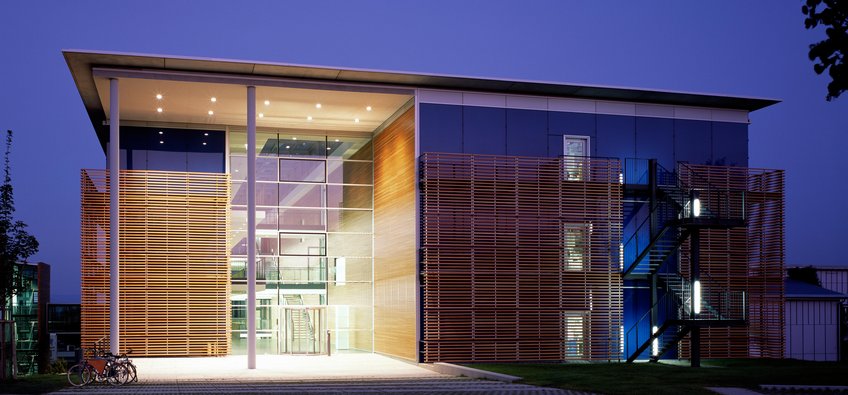
Max Planck Institute for Biology Tübingen
Researchers at the Max Planck Institute for Biology Tübingen (name changed at the end of 2021 from Max Planck Institute for Developmental Biology) explore biological questions across scales from molecular and cellular processes to organisms and populations. The expertise of the Institute’s scientists ranges from protein evolution and gene regulation to developmental and evolutionary biology. In our departments, we bring an evolutionary angle to the study of proteins, phenotypic plasticity, sex determination, adaptation to environmental change, microbiome-host interactions and predation. In a bid to find answers to their questions, the scientists work with modern tools in biology to greatly broaden the range of possible organisms that can be studied: In addition to long-standing models, they work on many non-model organisms, such as the nematode Pristionchus, agricultural weeds, brown algae, novel fungi and beetles and previously unstudied or understudied bacteria and archaea.
Contact
Max-Planck-Ring 572076 Tübingen
Phone: +49 7071 601-321
Fax: +49 7071 601-300
PhD opportunities
This institute has an International Max Planck Research School (IMPRS):
IMPRS "From Molecules to Organisms"In addition, there is the possibility of individual doctoral research. Please contact the directors or research group leaders at the Institute.












